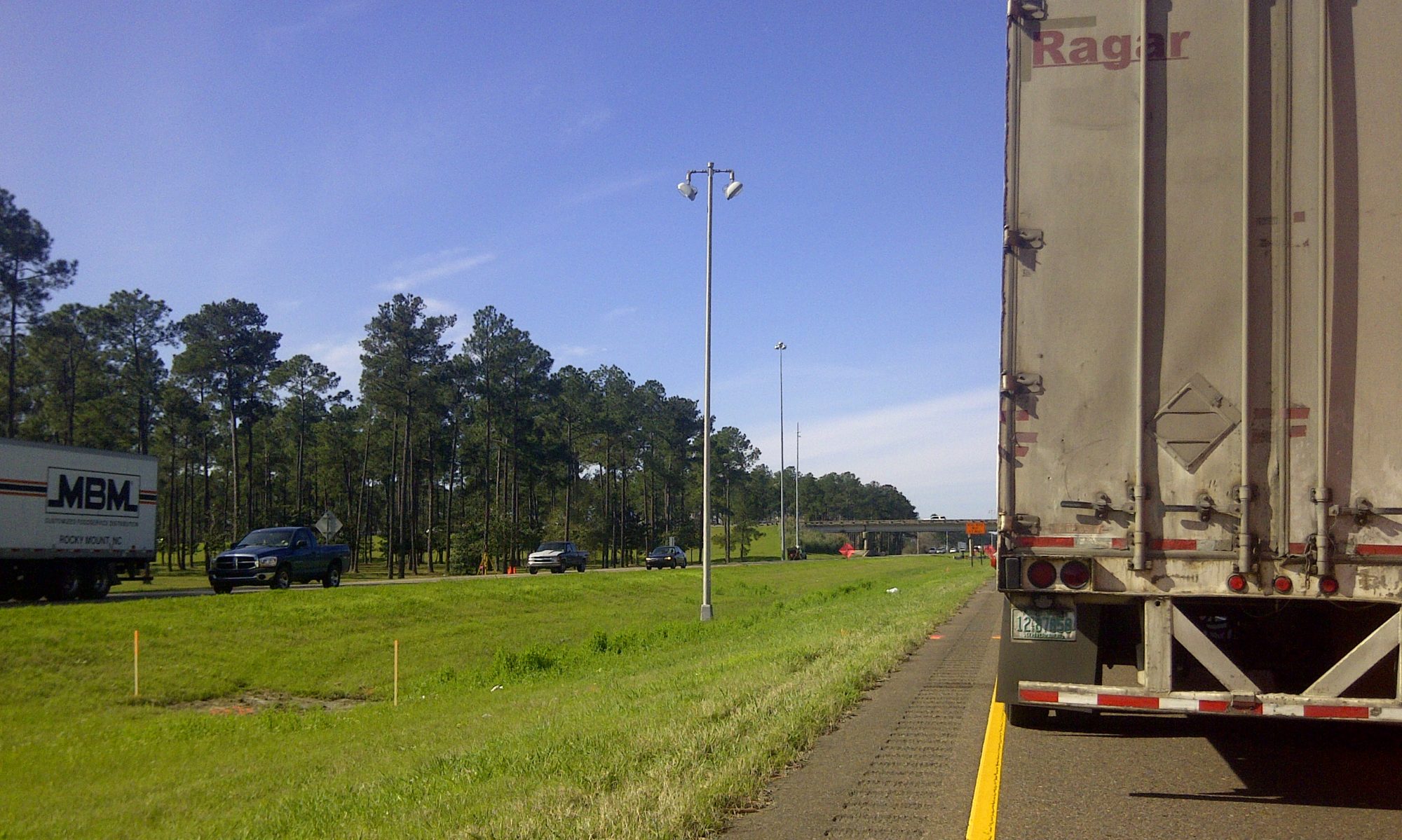For those who do not know, I am a PhD Candidate in Applied Economics at the University of Antwerp, so trying to understand the state of the art regarding Benefit-Cost Analysis is important to my research work. (I joined the Society for Benefit Cost Analysis last year.)
The Society for Benefit-Cost Analysis held their annual meeting in Washington, DC last week. There were some great presentations, (although I missed quite a few because of overlapping panels), but I did find James Scouras‘ presentation titled “Analytical Challenges Surrounding Analyses of Nuclear War”, very engaging.
I made a presentation on my PhD work Thursday afternoon, Session 3G, “Transportation on Waterways: Keeping Afloat using BCA”. Our Discussant, Joe Devlin, said the session should have been called “Big boats are fickle, fragile, and frustrated”.
My other panelists presented some very interesting work. Tim Skeel discussed how he proposed changing bridge closures in Seattle based on the value of time and normalized shipping activity. (The study examined how to change operations on a bridge built in 1910 for today’s traffic conditions.) He did a very through job on showing how these changes would benefit Seattle commuters, but the Coast Guard was not interested in changing their bridge hours. Tim was followed by Douglas Scheffler, U.S. Coast Guard, on estimating the safety benefits of deploying the Physical Oceanic Real Time System, PORTS. Doug’s presentation showed how to evaluate physical deployment of monitoring systems to assist the maritime community. Oftentimes, safety becomes “assumed away”, as how does one count for what may or may not happen.
My presentation and PhD largely centers around the question of managing investment risk in ports for large infrastructure projects. The topic has interested me for years, as evident by many of my presentations over the years. The discussion could be summed up by the slide, where the horizontal is the public sector space and the vertical is the private sector.

The outline:
Ports need different types of infrastructure investment
There are public and private sector actors involved in port projects
Port Capacity dictates a ports competitive advantage, so growth remains the perpetual goal
Sensitively in the forecast provides some risks to the infrastructure owner
The Port Prioritization Program in Louisiana
My Research Methodology (factor analysis and Monte Carlo Simulations)
After the presentations were finished, Joe Devlin and Henrik Andersson, chair, led a very engaged back and forth between the panelists and the audience. So, thanks to those people who attended the session and engaged in a great dialogue!
There was quite a lot of discussion on this chart from the European Union regarding Cost Benefit Analysis.

I am looking forward to submitting an update on this work next year (although presenting at the Society for Benefit Cost Analysis European Conference sounds interesting…)
So, over the next few months I will begin getting more into the data/analysis as I work on my PhD!













